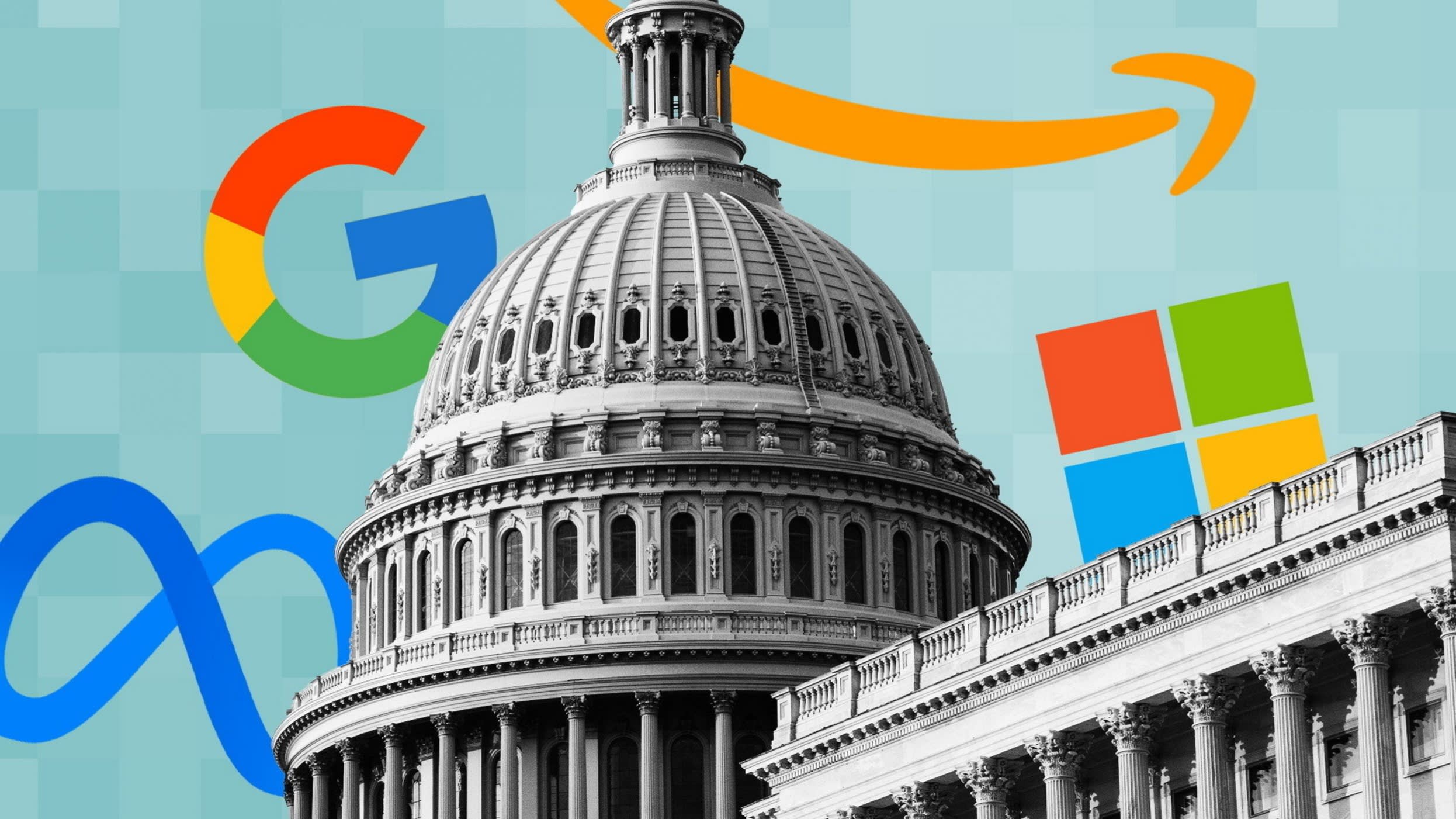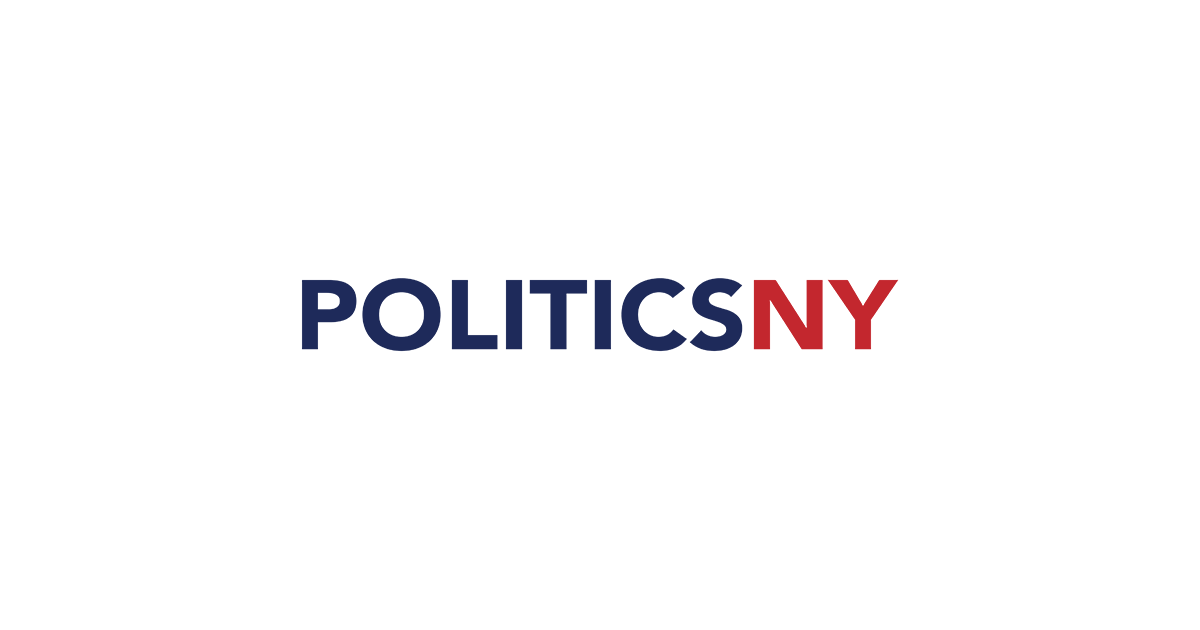
A group of prominent tech companies, including Amazon, Google, and Microsoft, are actively lobbying U.S. policymakers to impose a temporary moratorium on specific artificial intelligence (AI) regulations. This move, led by their respective lobbying arms, has brought to light deep divisions within both the technology sector and the Republican Party over how to handle the fast-evolving landscape of AI innovation and oversight.
The industry’s push for a regulatory pause comes amidst increasing global concern about the implications of AI, particularly generative AI systems which can autonomously produce text, images, and code. Proponents of the moratorium argue that overly hasty regulation could stifle innovation, harm U.S. competitiveness, and impose burdens on companies still in the early stages of developing ethical and safety protocols for AI systems.
However, this initiative has not been universally welcomed. While some factions within the Republican Party view the moratorium as essential to maintaining American leadership in AI and reducing regulatory red tape, others are skeptical of letting large corporations unilaterally influence national policy on such a pivotal issue. Critics warn that a delay in regulation could allow powerful tech companies to consolidate influence and evade accountability for the societal impacts of their technologies.
The lobbying effort underscores the growing discomfort within the industry about impending legislative initiatives both in the United States and abroad. In Europe, policymakers are moving forward with the AI Act—comprehensive legislation aimed at categorizing and regulating AI based on risk—which could serve as a template for other democratic governments.
Meanwhile, U.S. lawmakers, facing pressure to match global regulatory momentum, have proposed a number of bills designed to enforce transparency, privacy, and ethical safeguards in AI development. These include requirements around algorithmic bias testing, data provenance, and human oversight for high-risk applications.
This debate unfolds as the broader public becomes increasingly aware of AI’s risks—from misinformation and job displacement to potential misuse in surveillance and warfare. Yet, amid this scrutiny, the influence of corporate interests in shaping future policy remains a contentious point.
In summary, while the call for a regulatory moratorium by lobbying groups representing Amazon, Google, and Microsoft reflects concern about premature constraints on innovation, it has also triggered significant fallout. The move has highlighted ideological rifts about the role of government in tech governance and could shape the trajectory of U.S. AI policy for years to come.
Source: https:// – Courtesy of the original publisher.








